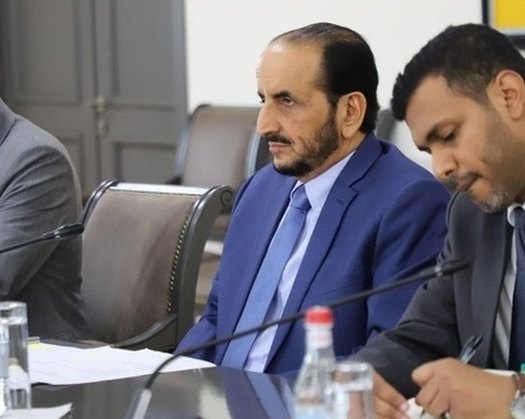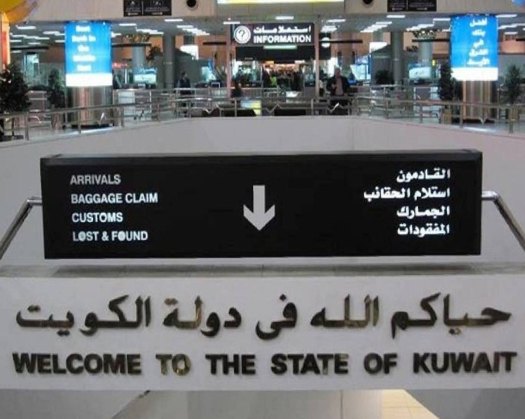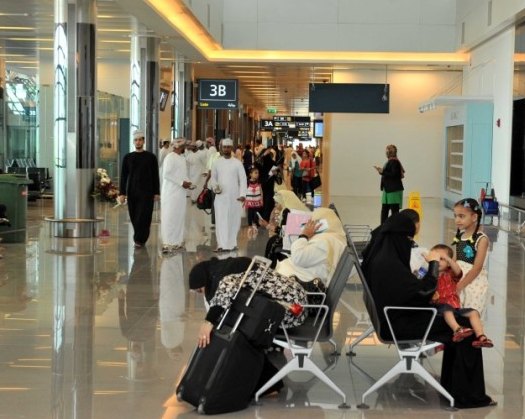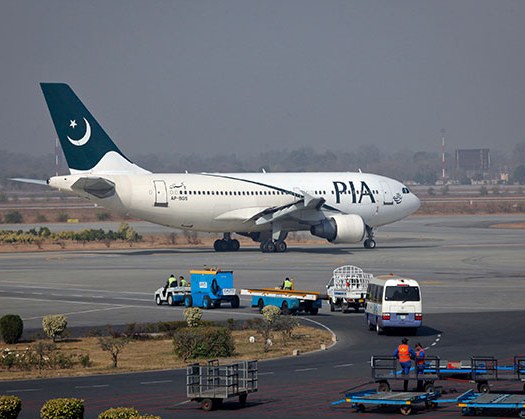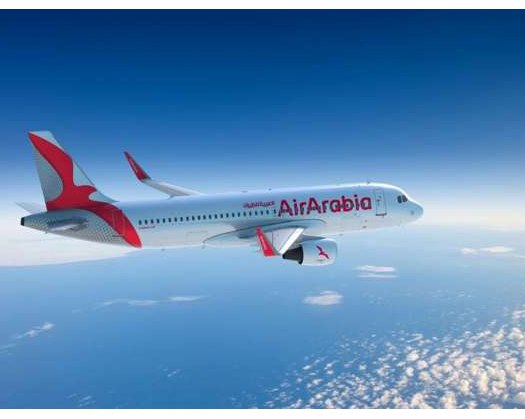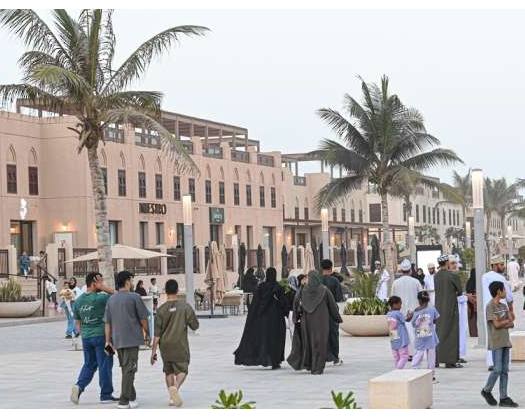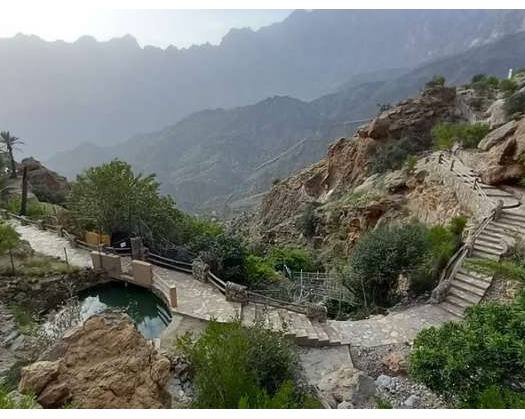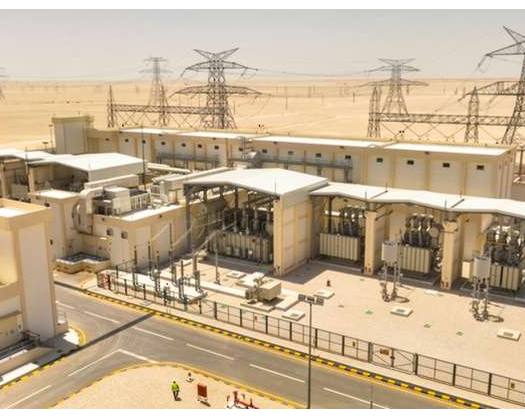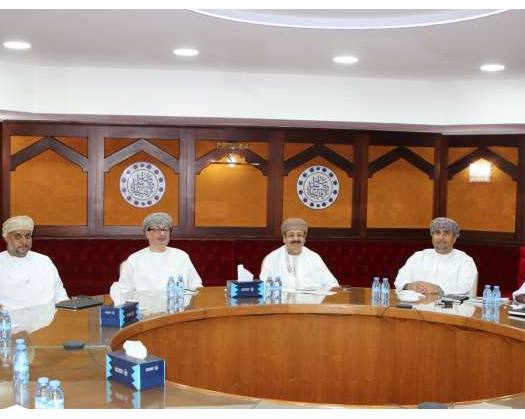A preliminary investigation on the viability of implementing a unique metro system in Muscat Governorate is anticipated to be completed by the end of this year, according to a senior official interviewed by The Times of Oman.
Hamood Musabah Al Alawi, the Metro Project Manager and Head of Railways at the Ministry of Transport, Communications and Information Technology, emphasized that the metro project could significantly transform the city's future development if effectively integrated into a well-functioning public transportation network for the capital.
Al Alawi highlighted the importance of establishing an integrated and dependable public transport system with the Muscat Metro as its core component. He stressed the need to determine the most suitable approach to bring this vision to fruition.
During an interview at the International Transport Forum in Leipzig, where Oman became a member nation, Al Alawi discussed the Muscat Metro project, which was initially introduced by Eng Saeed bin Hamood Al Maawali earlier this year. He mentioned that the feasibility study will provide valuable insights into the future direction of this innovative initiative.
While acknowledging the complexity of the project, especially in navigating through densely populated areas of the city, Al Alawi urged the public to be patient and understanding as the study progresses towards completion.
In order to ensure that the feasibility studies have a wide-ranging impact, the Muscat Metro project team is actively collaborating with all stakeholders involved. Notably, the Ministry of Housing and Urban Planning is overseeing the implementation of the Greater Muscat Structure Plan (GMSP), of which the Muscat Metro is a key component.
Providing insight into the anticipated timeline for the initial studies, an official stated that the current pre-feasibility study is projected to be completed by the end of this year. This will pave the way for the detailed feasibility and detailed financial studies, which typically require 12 to 18 months to complete.
The duration of these studies depends on the level of detail required, which is determined by the guidance provided by the cabinet and the leadership of the ministry. It is important to note that this project holds great significance as it is eagerly anticipated by every individual in Oman. It will serve as a catalyst for the major developments such as Sultan Haitham City and the new Al Khuwair Downtown. Thus, the Muscat Metro holds immense importance for the region.
To achieve the goals outlined in the Greater Muscat plan, it is essential to have a variety of public transportation options in addition to the Muscat Metro project, emphasized the official. Simultaneously, there must be a focused effort to encourage more people to use public transport by providing a reliable, affordable, and safe alternative to private vehicles, he added.
A number of obstacles and concerns must be addressed to encourage the use of public transport, including metro services, once they are operational, according to Al Alawi. Factors such as climate conditions, especially during the hot summer months, must be considered.
Network Accessibility
"Another important issue is the accessibility of the network. How far do you have to walk to reach it? How efficient is the network? Will it face the same traffic congestion as the current roads? These are some of the questions that will be addressed in the detailed studies."
When designing an effective metro system in Muscat, the project team will draw lessons from successful metro projects in other GCC countries. The experiences of metros in Dubai, Doha, and Riyadh will be closely examined, as well as public transport initiatives in Morocco, India, and beyond, he noted, emphasizing that the design of Oman's first metro will reflect Omani values and priorities.



